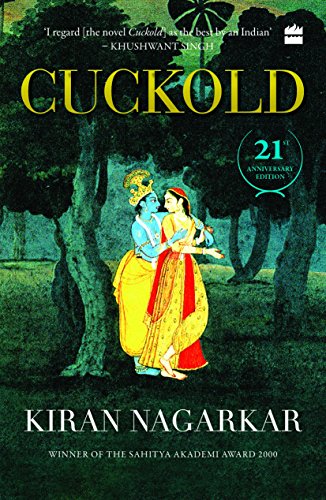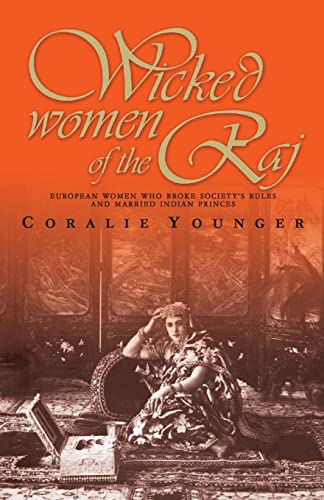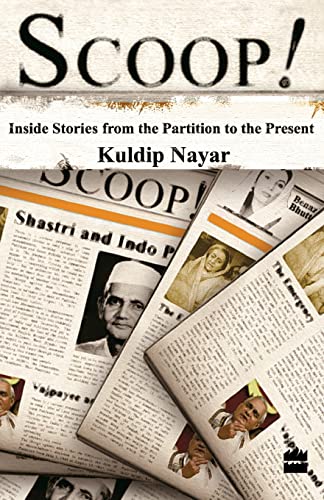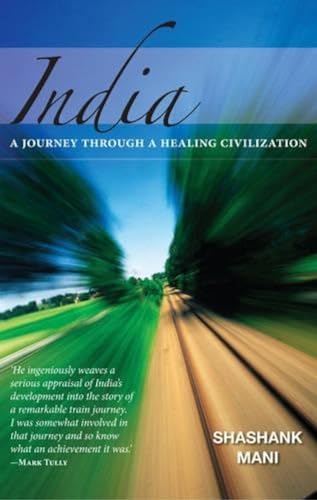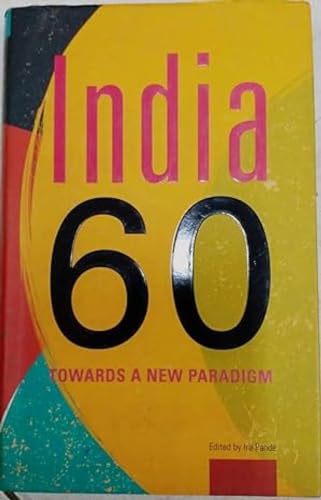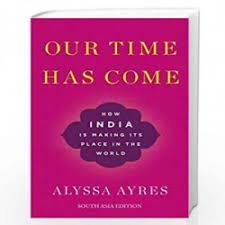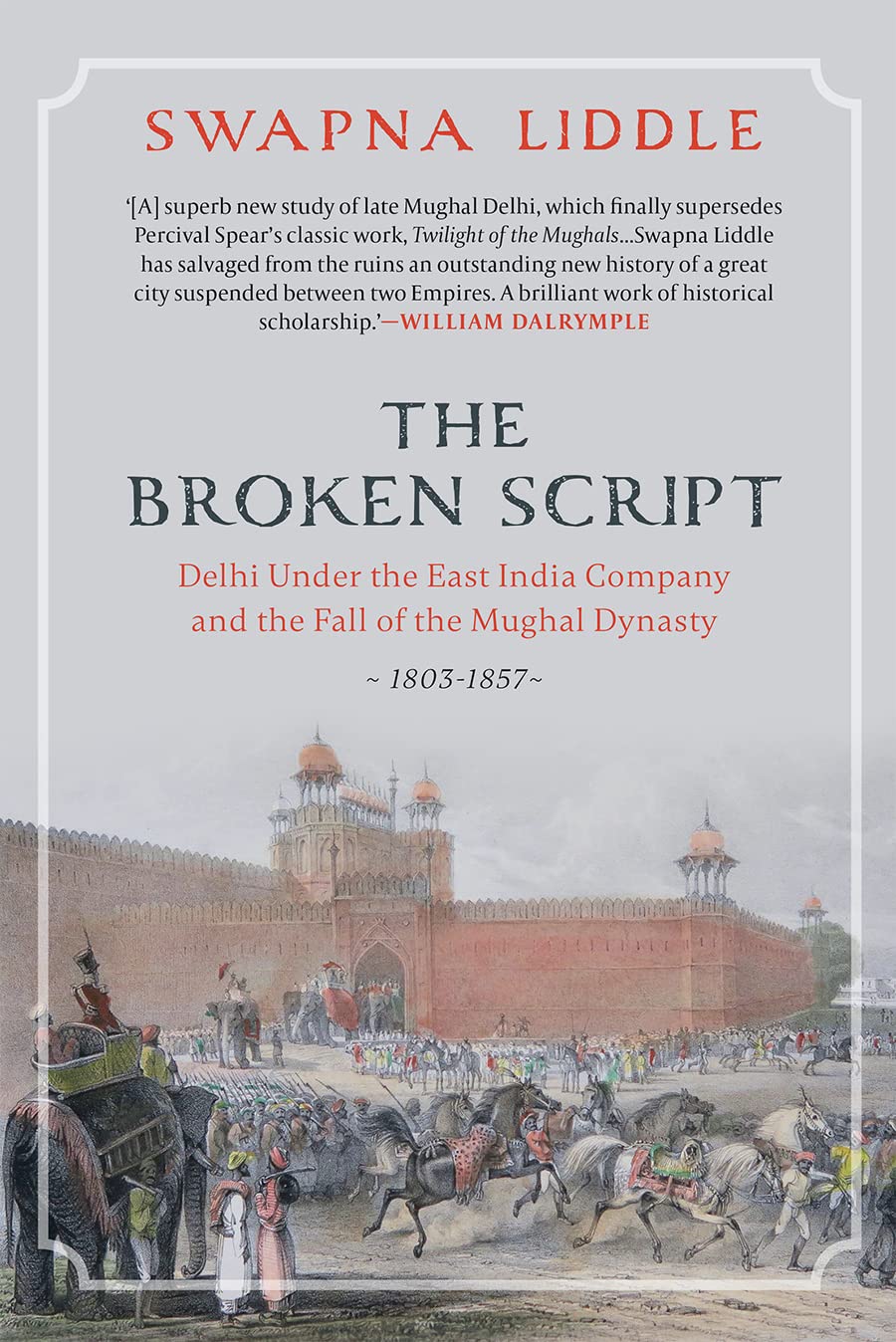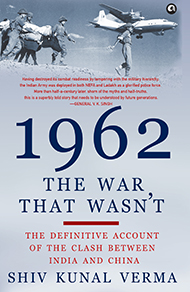History
Featured Products
Wicked Women Of The Raj : European Women Who Broke Society Rules AndMarried Life
₹319.20
M.R.P.:₹ 399.00
You Save: ₹79.80 (20.00% OFF)
Scoop! : Inside Stories From The Partition To The Present
₹236.00
M.R.P.:₹ 295.00
You Save: ₹59.00 (20.00% OFF)
India : A Journey Through A Healing Civilisation
₹280.00
M.R.P.:₹ 350.00
You Save: ₹70.00 (20.00% OFF)
Our Time Has Come: How India is Making Its Place in the World
₹2,090.00
M.R.P.:₹ 2,200.00
You Save: ₹110.00 (5.00% OFF)
India in a New Key: Nehru to Modi: 75 Years of Freedom and Democracy
₹796.00
M.R.P.:₹ 995.00
You Save: ₹199.00 (20.00% OFF)
Revolutionaries: The Other Story of How India Won Its Freedom
₹419.30
M.R.P.:₹ 599.00
You Save: ₹179.70 (30.00% OFF)


